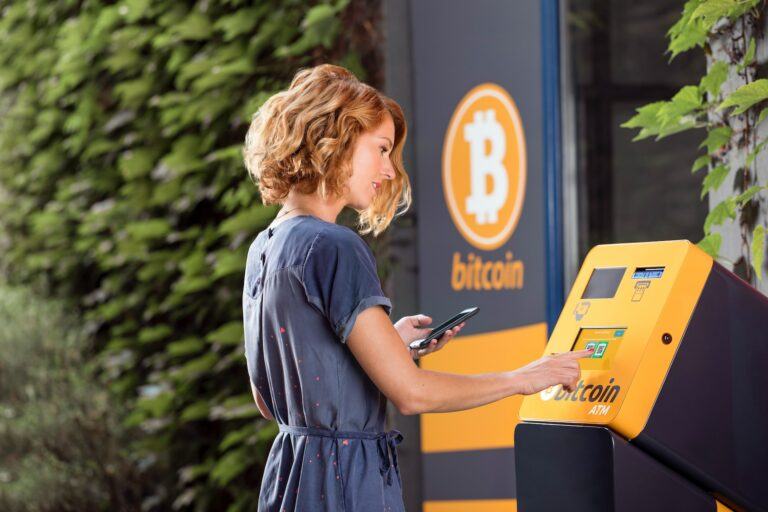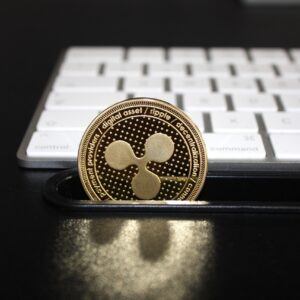In a recent report, CNBC explored the significant increase in Bitcoin ATMs (BTMs) across the United States.
A Bitcoin ATM is a kiosk that allows individuals to buy and sometimes sell Bitcoin and other cryptocurrencies using cash or debit cards. These machines look similar to traditional ATMs, but they function quite differently. Instead of connecting to a bank account, a BTM interacts directly with a cryptocurrency exchange to conduct transactions. This setup enables users to convert their physical cash into digital currency, which is then transferred to their digital wallet, a software program that stores and manages their cryptocurrency.
The process of using a BTM typically involves verifying one’s identity, which aligns with regulatory requirements to prevent money laundering and other illicit activities. Users scan their wallet’s QR code at the machine, insert cash, and then the equivalent amount of Bitcoin (or another cryptocurrency, depending on the machine’s capabilities) is deposited into their wallet. Some BTMs also offer the reverse service, allowing users to sell cryptocurrency in exchange for cash. This feature of BTMs makes them a crucial tool for increasing accessibility to cryptocurrencies, providing a straightforward and immediate way for people to engage with the digital currency market, especially for those who may not have easy access to traditional banking or online cryptocurrency exchanges.
CNBC noted that from 2020 to mid-2022, the U.S. experienced a substantial rise in BTMs, with numbers reaching around 34,000. This growth was apparently partly fueled by the COVID-19 pandemic, which led to an increased interest in cryptocurrencies as people spent more time at home.
CNBC reported on Bitcoin Depot, a dominant BTM operator, which went public in July 2023. Despite fluctuations in Bitcoin’s price, CNBC highlighted that Bitcoin Depot’s revenue grew by 17.5% year-over-year in the second quarter, reaching approximately $197.5 million.
According to CNBC, BTMs have gained popularity among the underbanked or unbanked, serving as an alternative to traditional banking services. CNBC’s coverage included a survey by Bitcoin Depot, which found that 40% of BTM users use them for peer-to-peer transactions, including cross-border payments and sending money to family.
CNBC pointed out that despite the higher fees charged by BTMs compared to online crypto exchanges, the demand for these machines continues to grow, indicating a preference for their convenience and accessibility.
CNBC discussed the challenges faced by the BTM industry, including scams and money laundering. The network reported on the measures taken by operators, such as fraud prevention warnings and customer support teams. CNBC also mentioned the regulatory requirements for BTM operators, including anti-money laundering compliance and registration as money transmitters.
CNBC observed that the BTM market is undergoing consolidation, with larger companies acquiring smaller operators. This trend is partly due to the challenges smaller operators face in maintaining regulatory compliance.
Featured Image via Unsplash









